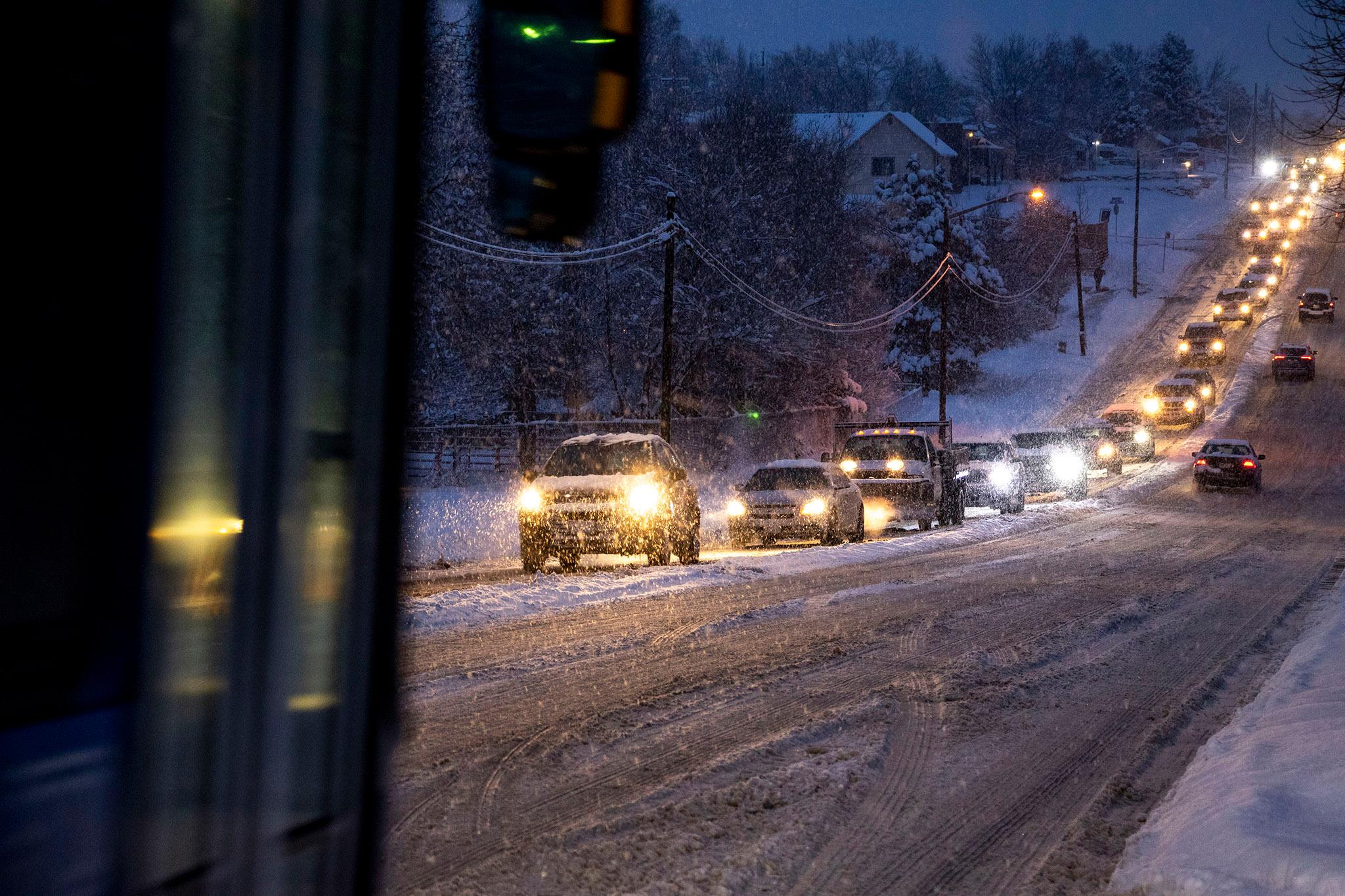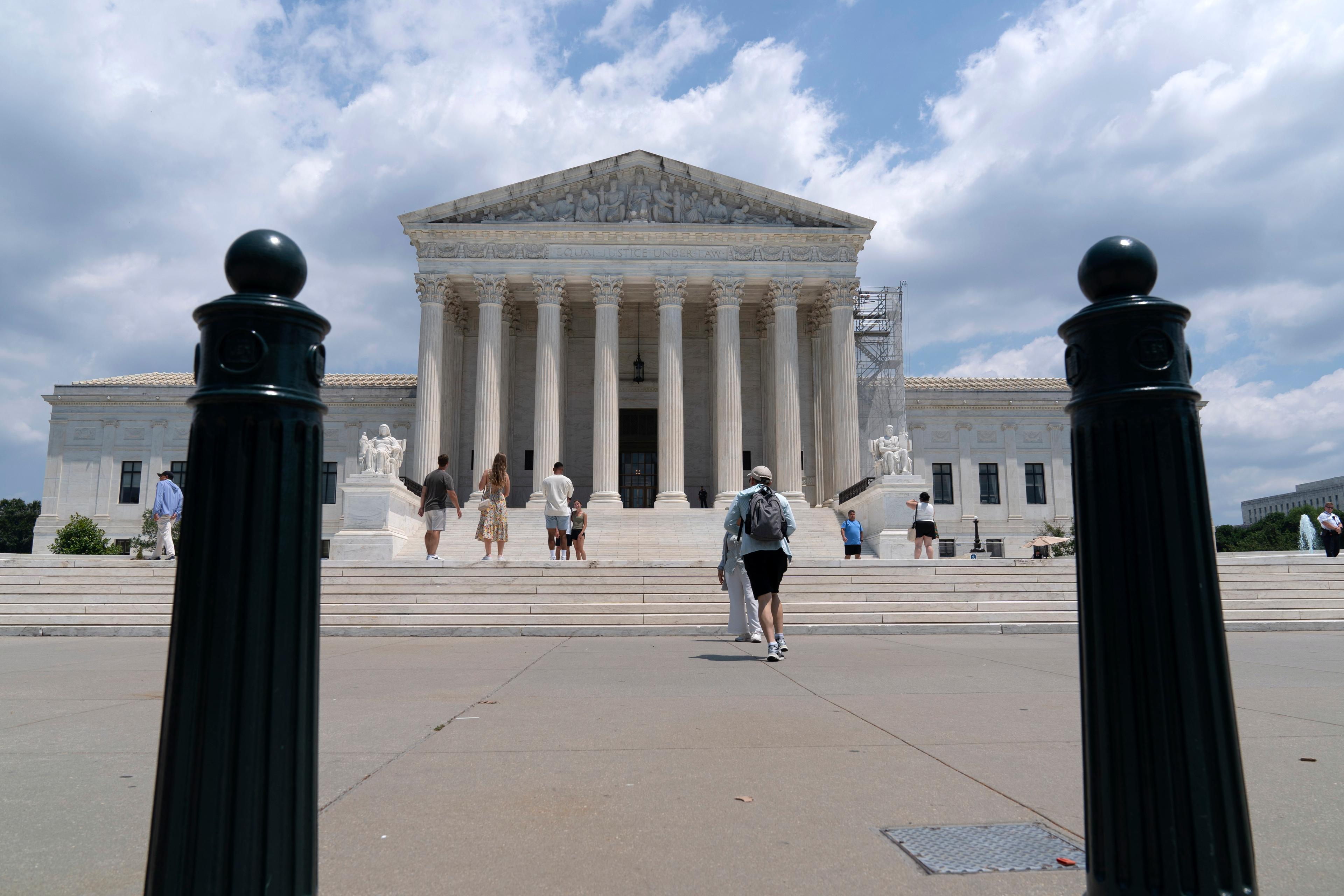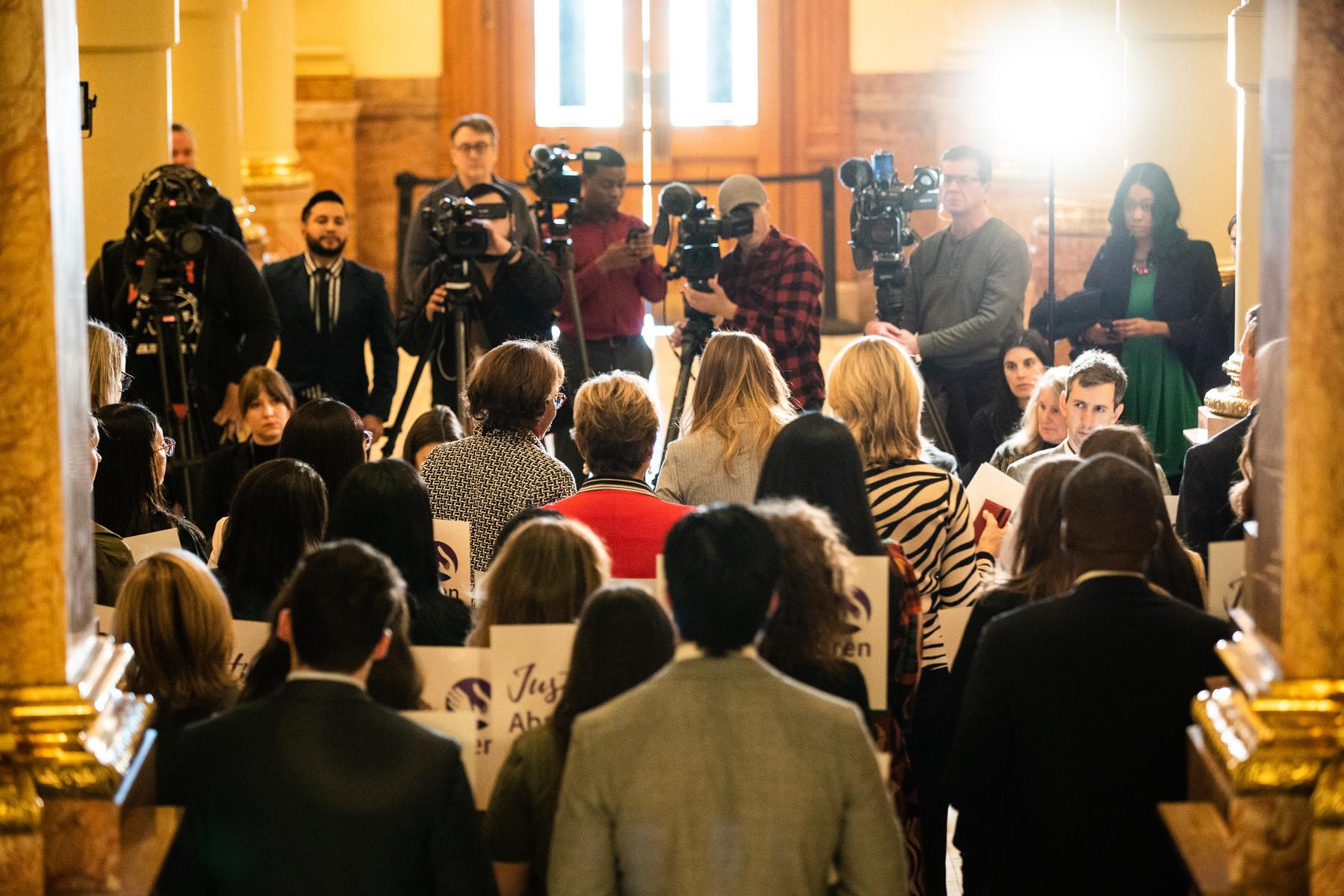
Colorado’s utility regulators are increasingly concerned that a global spike in natural gas prices will result in costly bills for people using gas to heat their homes this winter.
One sign of that worry came in late October, when the state Public Utilities Commission approved gas cost adjustments for Black Hills Energy that could raise their customers’ annual gas bills between 32 and 46 percent.
Nearly all of the additional $74 million in revenue will be used to offset an expected surge in natural gas prices across the country, according to the company. Analysts with the U.S. Energy Information Administration predict average natural gas prices this winter will be the highest since 2005-2006, which could have major effects in Colorado, where 70 percent of households heat their homes using natural gas.
Black Hills has about 178,000 residential gas customers across the state. Starting in November, average gas bills for those in the Western Slope could jump by 35 percent, according to documents submitted to the state.
Customers in Castle Rock, Fountain, Monument and Woodland Park could see their average annual gas bills increase by 46 percent. In a peak winter month, those bills could jump by 50 percent, the company said in a regulatory filing.
Commissioners on Wednesday said they were worried about how much Coloradans would have to pay for gas in the coming year.
“We have to recognize this is not just a national issue, it’s a global issue and something I’ve been worried about for months,” Commissioner John C. Gavan said.
Commissioner Megan Gilman said the effect of the new rate hikes could be magnified by other increases hitting customers’ bills. Utilities across the state are trying to recover the money they spent buying gas during a cold snap in February, she said, and customers may still be facing financial challenges stemming from the coronavirus pandemic.
“Looking at all of those combined, it looks like a very tough situation for the ratepayers, especially if we see commodity prices increase in the amount that it is here,” Gilman said.
The commission on Wednesday also approved gas cost increases for Colorado Natural Gas customers. In September, the commission signed off on Xcel Energy’s request to recoup increased natural gas costs from customers, which are expected to see average residential bills go up by $11 through the end of the year, the company said in a filing.
While state regulators and utilities have little control over the natural gas market, they could reduce customers’ bills by keeping other rates flat and not adding fees for new programs, said Joseph Pereira, deputy director for the Colorado Office of the Utility Consumer Advocate, a state agency charged with representing consumers’ interests.
“Unfortunately, a lot of this is going to fall on the shoulders of customers,” Pereira said. “Any opportunities that the utilities can … help them absorb this extra burden that we expect they’ll have to bear is in the public interest.”
The Public Utilities Commission on Wednesday asked utilities to urge customers to conserve energy and improve the energy efficiency of their homes.









